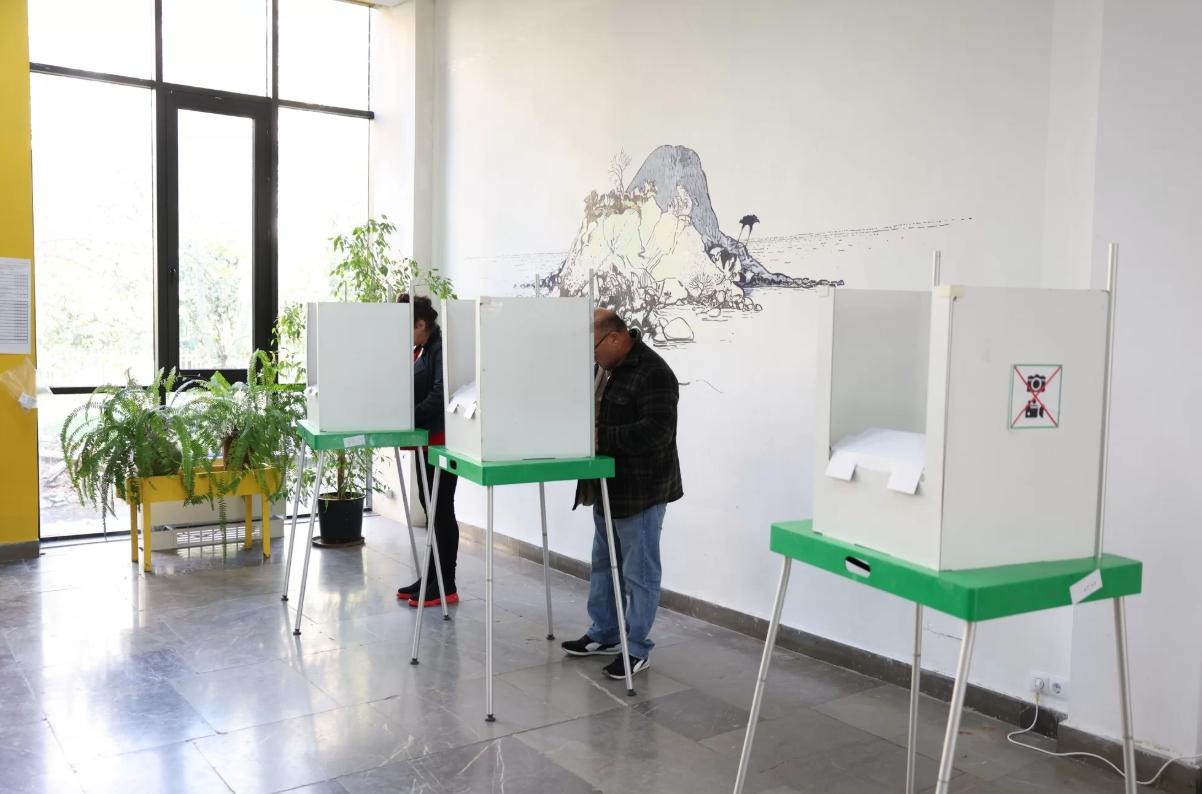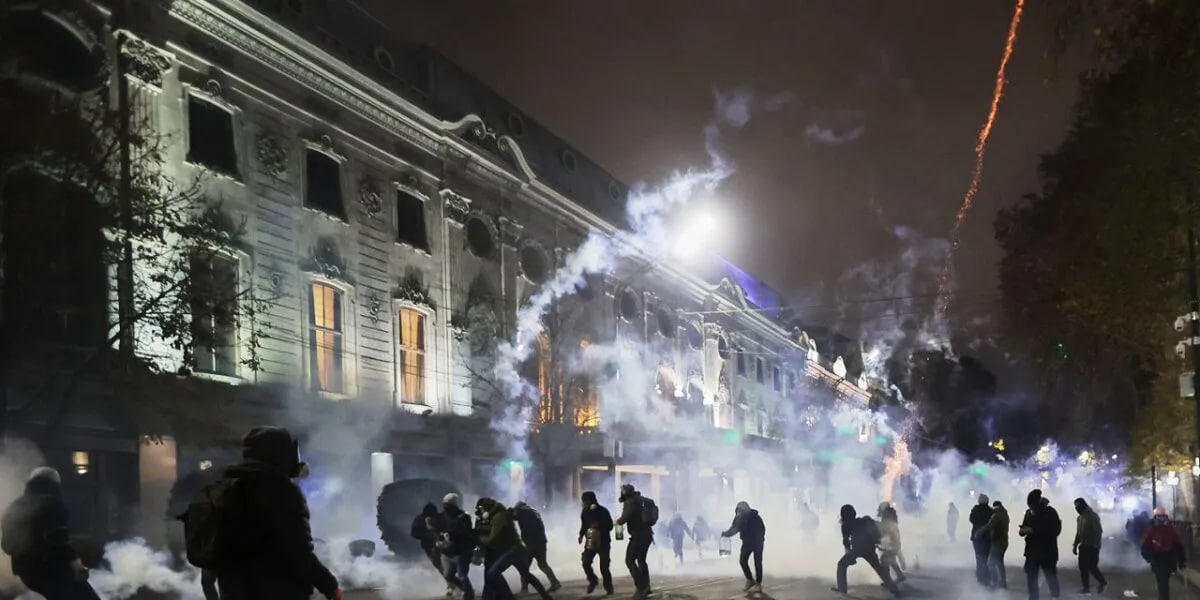Georgia's ruling party has initiated amendments to the Law on Assemblies and Manifestations and the Code of Administrative Offenses, the discussion and adoption of which will proceed expeditiously. According to the bill, organizers of events at "places where people move" will be required to notify state authorities in advance.

On June 19, the lower house of the Dutch parliament supported the recognition of the deportation of Crimean Tatars in 1944 to the USSR as genocide.
This decision also indicates that since the transfer of Crimea to the Russian Federation in 2014, many Crimean Tatars have been groundlessly imprisoned, tortured, or disappeared.
The Minister of Foreign Affairs of Ukraine Andriy Sybiga thanked the Netherlands for making the corresponding decision.
May 18 has been declared the Day of Remembrance of the Victims of the Genocide of the Crimean Tatar People. On this day in 1944, the USSR began a criminal operation to forcibly deport Crimean Tatars from their historical homeland to Central Asia. According to the National Movement of Crimean Tatars, a total of about 230 thousand people were deported from Crimea. In the first years of deportation, between 20 and 46% of people died from hunger and disease.
Most of the people were forcibly resettled to Uzbekistan, as well as to the adjacent regions of Kazakhstan and Tajikistan. Small groups were sent to the RSFSR: the Mari ASSR, the Southern Urals and the Kostroma region. The deportation took the lives of almost half of the Crimean Tatars, and the rehabilitation of the people during the USSR never occurred.
The informal ban on the return of the Crimean Tatars was in effect until 1989. Over the next four years, half of all Crimean Tatars living in the USSR at that time returned to Crimea - 250 thousand people.
In 2015, the Verkhovna Rada of Ukraine recognized the deportation of the Crimean Tatar people as genocide.



